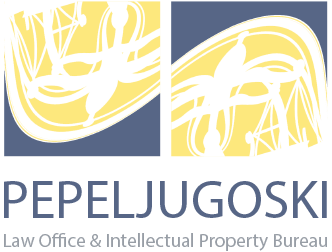One of the newest, and most influential technological advancements nowadays is the invention of generative artificial intelligence (AI), including Google Gemini, among many others. Gemini helps in the creation of new content, such as images and video, can also process data, and display contents of protected press publications using the Google Search database. Seemingly making life easier, it also is the source of several controversies, including intellectual property law issues concerning question on copyright infringement.
In a landmark case, Like Company v Google Ireland Limited, the Court of Justice of the European Union has been issued a request for a preliminary ruling by the Budapest District Court in April 2025 seeking interpretation of the relevant legal provisions with regard to AI and its functioning.
The applicant, Like Company, a Hungarian company had published an article about Kozsó, a Hungarian singer, on one of its protected online press publications. When asked for a summary of the piece in Hungarian, Google Gemini, operated by the defendant, Google Ireland Limited, provided an outline of the text, referencing the original article.
The applicant then claimed, that the defendant, has infringed its right of reproduction and making available to the public a substantial portion of a published article protected by copyright. The company argues, that the defendant made continual use of the protected article without the needed consent, and that the extent of the use exceeded the exception, the “use of individual words or very short extracts of a press publication”, in violation of EU rules. Additionally, according to the applicant, the given consent for its content to be displayed on Google Search, does not qualify for further exposure beyond that extent, making the defendant unauthorized to reproduce the content through its AI services.
On the other hand, the defendant, Google Ireland Limited, providing services of AI under Google Gemini, argues that the response given in the chat does not constitute reproduction, or making available to the public, as the displayed content is not identical to the original article, nor does it exceed the set limits of use. According to the defendant, Gemini is a constantly evolving, and learning tool able to make “hallucinations” based on its experimental technology and the use of the Google Search database, meaning that the displayed response had only made references to facts appearing in the original text and provided additional information. Furthermore, the defendant also invokes the exceptions set out by the EU for temporary acts of reproduction, as the response appears only in chat for a specific amount of time.
The Court of Justice has yet to rule on the matter, interpreting the related legal provisions, so that the referring court is able to make a decision in light of that interpretation. The underlying question is whether AI generated texts constitute instances of reproduction and communication to the public, and whether the exceptions provided for in the relevant directives apply for cases concerning artificial intelligence.
This landmark case sheds light on issues related to the constantly evolving characteristic of law, as the rise of AI questions the interpretation and scope of certain legal provision. The anticipated ruling will change the course of the relationship between AI and copyright and will further clarify the rights and obligations of publishers regarding the use of artificial intelligence.

